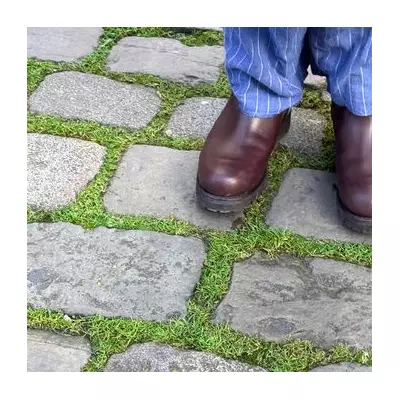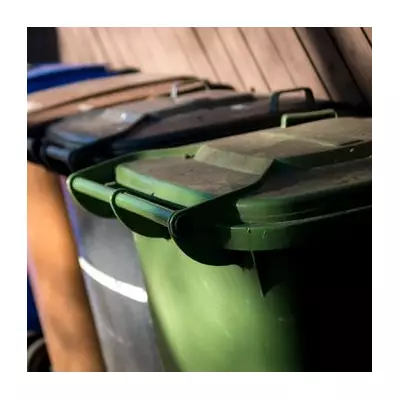
In a bold environmental crackdown that has sent shockwaves through the food industry, South Australia has officially declared war on the plastic accompaniments of the nation's favourite takeaway lunch. New regulations have placed sushi kits, specifically single-use soy sauce fish and ginger sachets, squarely in the crosshairs, banning them outright in a sweeping move to reduce plastic waste.
The state's pioneering single-use plastic legislation, which already outlawed items like straws and cutlery, has been expanded to include a new class of prohibited products. The ban explicitly targets 'sauce sachets' and 'foodware containers' designed for single use, a definition that now encompasses the iconic plastic sushi tray with its integrated soy fish and ginger compartments.
An Industry Forced to Adapt
The new law leaves sushi vendors with a stark choice: innovate or face significant fines. Businesses are now scrambling to find compliant packaging solutions, with many expected to switch to paper-based containers. For the condiments, the most likely alternatives are having customers add their own sauces from larger, reusable bottles stationed in-store or providing them in paper sachets, though these too face scrutiny over their plastic lining.
This isn't the first time South Australia has led the charge against plastic pollution. The state earned its 'first mover' reputation by implementing a container deposit scheme as far back as 1977. This latest ban reinforces its position at the forefront of environmental policy in Australia, pushing industries towards a more sustainable model, whether they are ready or not.
Mixed Reactions and Practical Challenges
While environmental groups have hailed the decision as a necessary step forward, the practical implications for businesses and consumers are significant. The convenience of an all-in-one, perfectly portioned sushi kit is now a thing of the past in South Australia. The ban raises questions about potential food waste if sauces are over-poured from larger containers and the hygiene of shared condiment stations.
Enforcement of the ban will be a key challenge for authorities. The legislation provides for substantial penalties for non-compliance, ensuring that the rules are more than just a gentle suggestion. This move is being closely watched by other Australian states and territories, many of which have similar plastic reduction plans in various stages of development, suggesting that South Australia's sushi shake-up could soon become a national standard.





